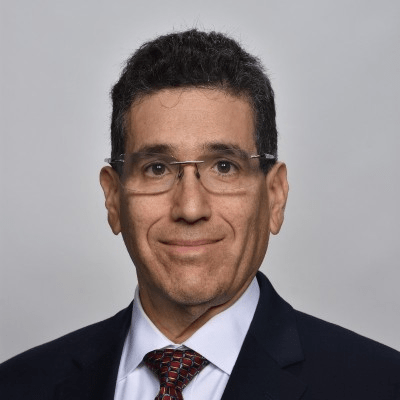What is self-scheduling?
Patient self-scheduling is a healthcare practice that allows patients to schedule their own appointments with healthcare providers, such as doctors, dentists, or other medical professionals, without the need for direct interaction with clinic staff or receptionists. This process typically involves the use of online scheduling software or platforms that are integrated with the healthcare provider's appointment system.
Patient self-scheduling is a key feature of many patient engagement solutions. All medical practices have not made the switch yet, but many are turning towards patient self-scheduling for the benefits it provides not only patients but staff as well.
In short, self-scheduling enables people to set medical appointments on their own—anytime, anywhere.
Why patient self-scheduling?
Many patients expect the scheduling experience to be as easy as requesting a ride with Lyft or Uber. When they think about setting an appointment, they go to their phone, access their medical provider’s website, and arrange an appointment.
Patient self-scheduling is a win-win for everyone. Medical self-scheduling gives people 24/7 appointment access and flexibility to change appointments and improves clinical and financial outcomes by filling in gaps in clinicians’ schedules.
When staff can avoid phone tag, they can focus more on patients’ care needs. Practices, particularly those working with less staff, can alleviate stress with a self-scheduling solution. Not only will it reduce front-desk call volume, save time, and fill provider schedules, but many appointment scheduling platforms allow information to flow seamlessly into the EHR and practice management platform.
Common features of a medical scheduling platform:
- Easy cancellations: When patients can cancel appointments on their phones without calling the office, practices can reduce frustrating no-show situations. Patients also appreciate the convenience.
- Simple scheduling: In a scheduling solution, the platform can guide patients to the right appointment time with the right provider, reducing the cognitive load on patients and simplifying the experience for everyone.
- Waitlist: With a scheduling waitlist, your practice can automate outreach when appointments suddenly become available. Patients on the waitlist automatically get offers that match the appointment type they want. This boosts patient satisfaction while simultaneously filling providers’ schedules for higher income.
- Referral management: Referral management built into a self-scheduling solution can utilize interactive notifications to let patients know when they’ve been referred to your practice. From this notification, patients can quickly and easily book an appointment, and receive real-time confirmation. Providers are kept informed at every step.
- Patient recall: With a comprehensive medical scheduling solution, you can automatically message prospective and current patients to schedule visits. You can remind them of due care and encourage them to self-schedule their appointments. This facilitates better management of personal health and can fill scheduling gaps.
Benefits of patient scheduling:
- Full schedules and higher revenue: Offering open slots helps patients get in for the care they need while filling your schedule.
- Time savings for staff: When patients can self-schedule, staff spend less time managing appointments over the phone. Your staff can proactively participate in patient education and help patients with more complex needs instead.
- More convenience for patients: With web and text message-based scheduling, patients can easily make appointments, avoid tying up phone lines, and escape the frustrations of traditional appointment scheduling. Easier scheduling bodes well for increasing patient engagement overall.





